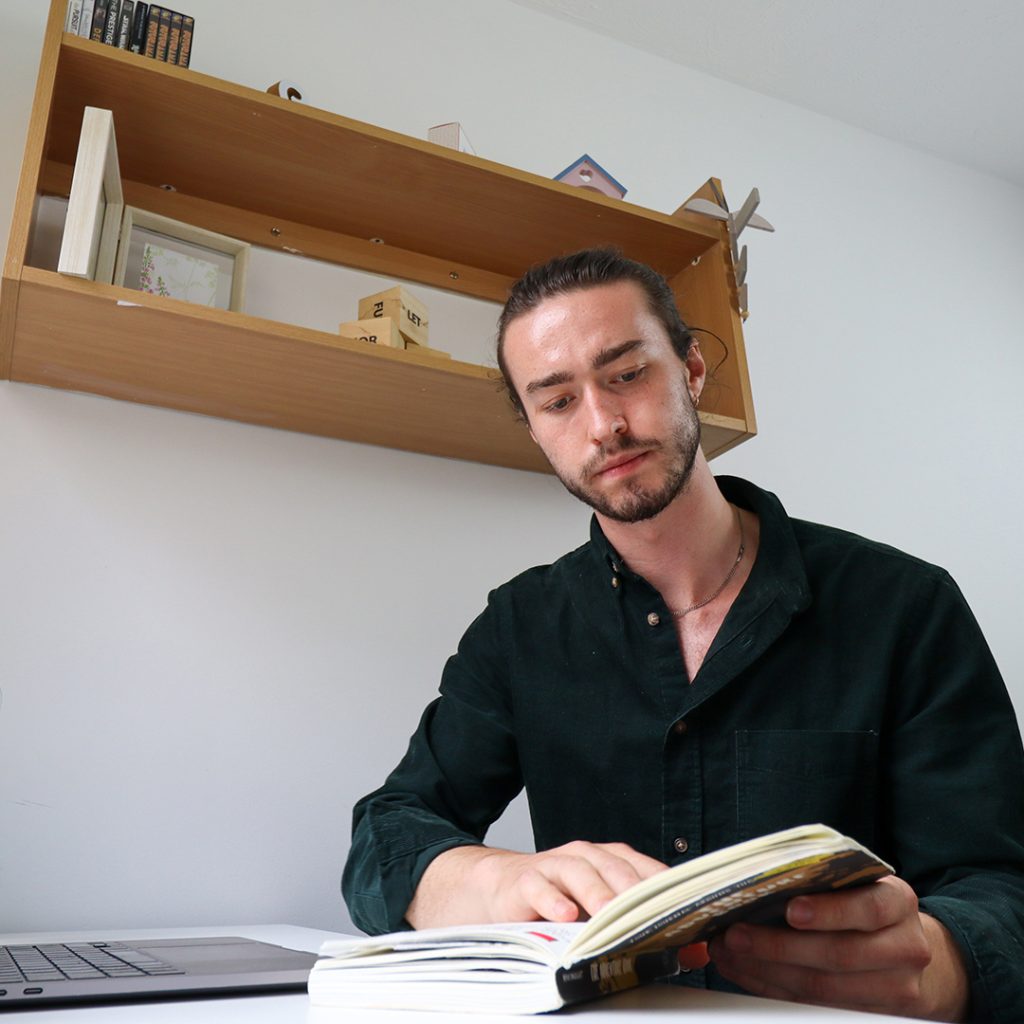What is a Digital Detox?
One item that you can find in every student’s room is a mobile phone! The phrase “digital detox” has become well-known in our technologically advanced, fast-paced society as an answer for our incessant dependence on our phones and other screens. A digital detox consists of consciously and momentarily disconnecting from any digital devices, social media and anything virtual. The question arises, do you need one?
Do I need a Digital Detox?
As a student, the best approach to determine if you need a digital detox is to keep an eye on the negative effects of constant digital engagement. Technology can be stressful and intense, which is why it is very important to monitor how much of your energy is dedicated to this! Some of the negative effects may include:
- Social Comparison/FOMO (Fear of Missing Out)
- Anxiety and Stress
- Sleep Disruption
- Attention and Focus
Benefits of Taking a Digital Detox
- Getting Solid Sleep – Blue light, which is emitted by smartphones, can particularly interfere with your body’s production of the hormone melatonin, that regulates sleep. Limit technology before bed, allow your brain to relax and unwind.
- Boosts Productivity – It’s so easy to fall down a TikTok rabbit hole – doom scrolling! Procrastination is facilitated by social media, therefore it’s critical to establish limits and switch off from your phone when studying.
- Improved Mood – On social media, most people only post the positive aspects of their lives, which can lead to unrealistic expectations when comparing oneself against others—especially as a student! It’s easy to lose real life perspective – pause the social media and regain a better sense of self image and improved mood.
- Increased Attention Span – TikTok videos can now be watched on double speed, our brains have gotten used to being over-fed information! As a result, your attention span can decrease.
- Meaningful Offline Interactions – Having a digital detox means more time to spend with friends and family, immersing in human interaction. One of the biggest benefits of a digital detox.
How to Start a Digital Detox
- Set Boundaries
Setting boundaries on using social media and digital devices helps ensure you can enjoy real-life connections. Limiting daily social media use to roughly thirty minutes can also have a big positive impact on wellbeing!
- Engage in Offline Activities
Students can engage in a variety of offline activities like reading, exercising, cooking and practising creative hobbies such as painting. Socialising with friends and engaging in outdoor activities are excellent ways to de-stress and unplug from technology. Promoting student well-being, creativity and personal growth, helping students recharge away from screens. Connect with real people with our student accommodations in Aberdeen and Southampton.
- Unfollow and Unsubscribe
Social media facilitates previously unprecedented ways of connection, however spending too much time on social media can have negative effects on your mental health. Unfollowing or unsubscribing from accounts that may cause you stress or anxiety.
- Download the Right Apps
There are apps that can help with a digital detox! Apps like Forest, allow you to block whatever apps and websites distract you from work. The goal is to help you focus, and this is the best app for it. Plus, you can grow a tree whilst being productive!
- Gradual Detox Tips
Start slowly detoxing by replacing digital activities with offline hobbies, unfollowing/ unsubscribing and setting boundaries. Tracking screen time or setting timers for device usage can help establish boundaries. Overtime students can increase their digital breaks and focus on face-to-face interactions to maintain a balanced relationship with technology.
A digital detox might be a useful strategy for minimising the negative effects of excessive technology use and enhance your general well-being. Taking care of your mental health is vital in this generation. At Every Student we are here to help whether that be digitally or mentally – discover our student hub in Aberdeen and our uni accommodation for further support!




